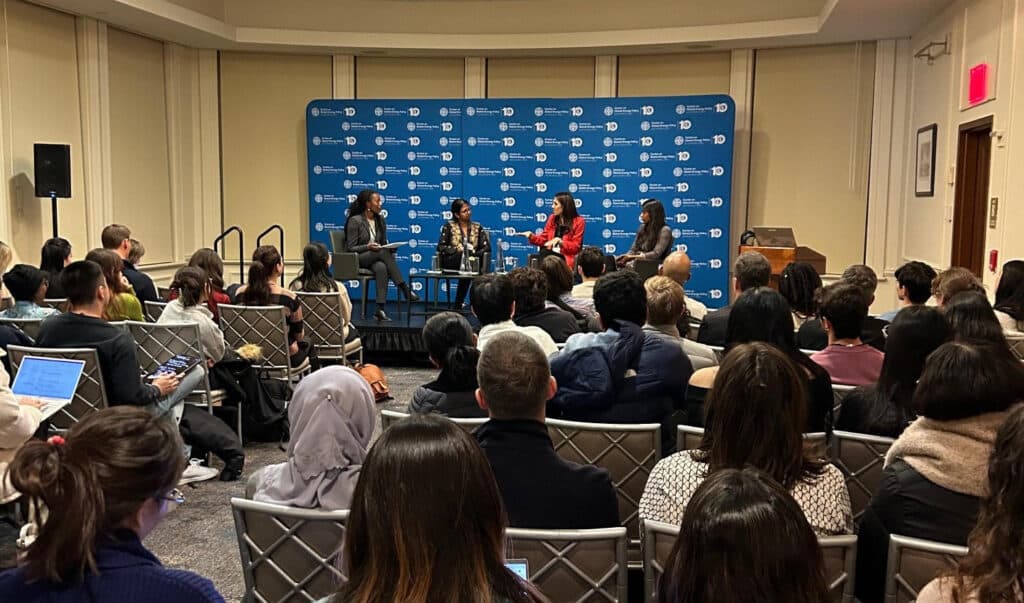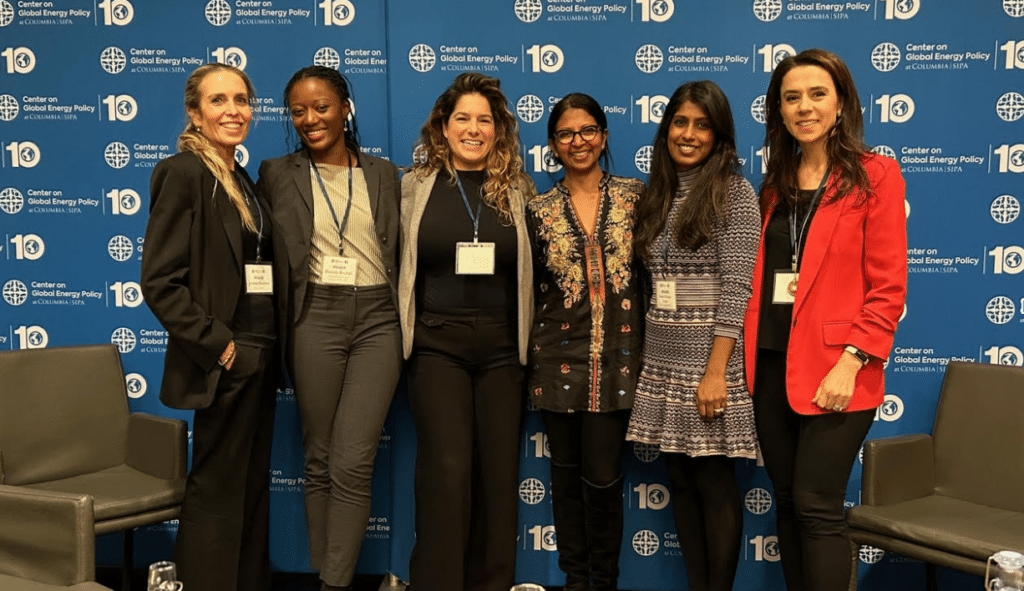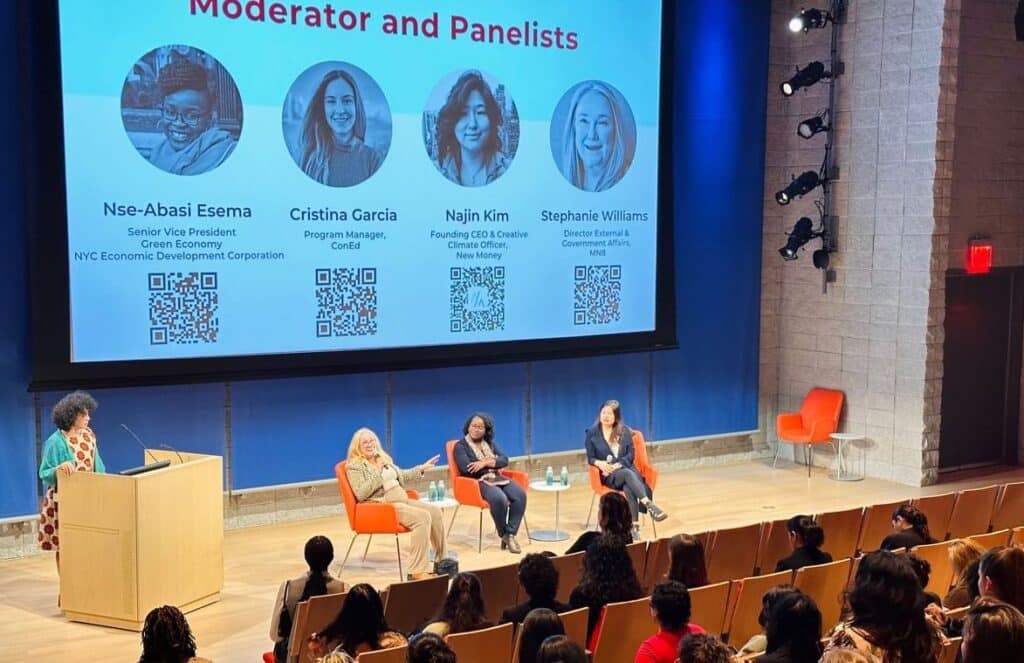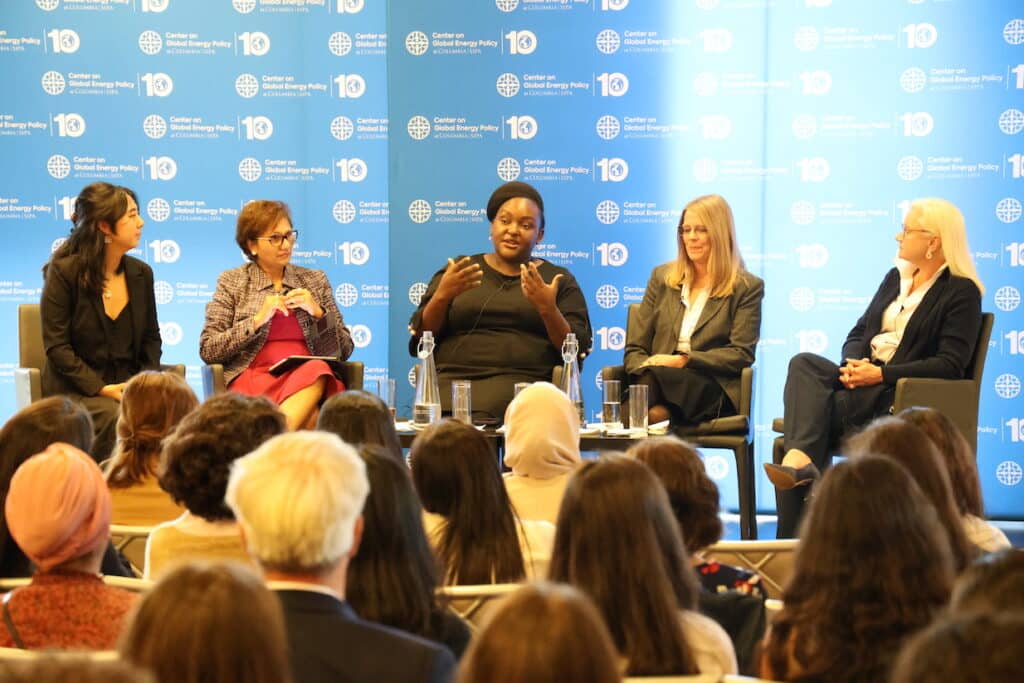
This roundtable is open only to currently-enrolled Columbia University students. If you are no longer a student and would like to be removed from this mailing list, please reply directly to this email.
The Women in Energy initiative at the Center on Global Energy Policy at Columbia School of International Public Affairs (SIPA) invites you to join a student roundtable featuring Professor Yael Parag, vice dean and head of the Energy Program of the School of Sustainability at Reichman University, who will discuss her work on empowering the individual in carbon mitigation. The conversation will focus on personal carbon allowances trading and the implications for consumers and society. Lunch will be provided.
Biography
Professor Yael Parag is the vice dean and head of the Energy Program of the School of Sustainability at Reichman University. She holds a BSc in biology and MA and PhD degrees in social sciences. Between 2005 and 2011, she was a senior researcher in the energy group of the Environmental Change Institute (ECI) at the University of Oxford.
Her research is at the forefront of addressing critical energy challenges, with a primary focus on future and decarbonized electricity systems, energy security, and innovation at the grid’s edge. She studies prosumer markets, peer-to-peer energy trading, community energy, microgrids, and electricity islands, demand flexibility and EV charging management, consumer behavior, and consumer engagement with smart energy technologies.
In addition, Professor Parag is studying radical carbon mitigation policies, such as personal carbon trading, while also developing the “middle-out” perspective to analyze the roles of intermediary actors in promoting the energy transition. Professor Parag won prestigious and competitive research grants, and her work has been published in leading academic journals. Furthermore, she serves as an editorial board member of the journals Renewable and Sustainable Energy Reviews and Energy Research and Social Science.
—
Registration is required. This roundtable is open only to currently-enrolled Columbia University students. To register, you must sign in with your UNI.
This event will be hosted in person and capacity is limited. We ask that you register only if you can attend this event in its entirety.
For more information about the event, please contact energypolicyevents@columbia.edu.








